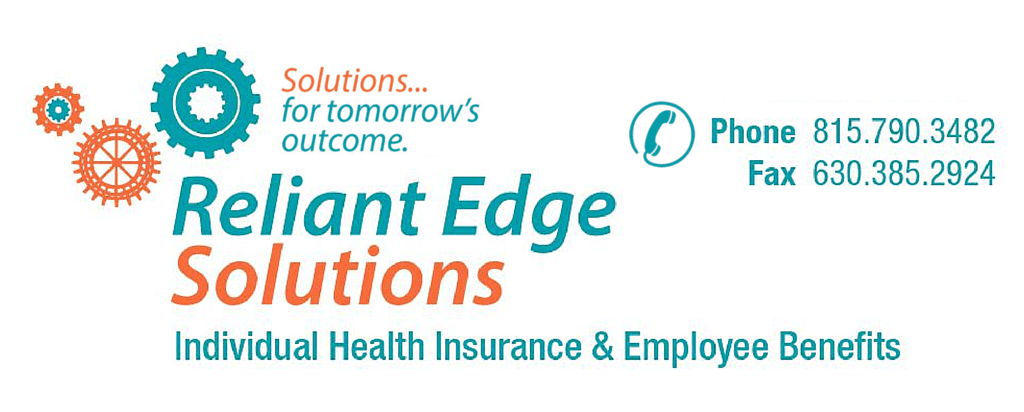Flexible Spending Accounts may be on the path to extinction unless the Cadillac tax is repealed. This comes after the Kaiser Family Foundation has weighed in on the issue with projections of the number of employer sponsored plans that would trigger the tax if they remain unchanged by 2018, when the tax kicks in.
Before we delve into the ramifications, let’s take a quick look at what FSAs are, exactly.
FSAs allow employees to contribute pre-tax dollars (up to $2,550 in 2015) to pay for out-of-pocket health care expenses — including deductibles, copayments and other qualified medical, dental or vision expenses not covered by the individual’s health insurance plan.
Last fall the U.S. Treasury Department issued new rules that let employers offer employees the $500 carryover. Previously, unused employee FSA contributions were forfeited to the employer at the end of the plan year or grace period, which industry insiders say were a barrier to adoption. The rule went into effect in 2014.
Approximately 35 million utilize an FSA.
From their report, Kaiser shows 16% of respondent plans without an FSA component would exceed the $10,200 individual coverage threshold in 2018. However, 26% of those plans including an FSA would trigger the tax.
When viewed by size of company, the large company plans with FSA options are especially vulnerable to the tax: 46% would trigger the tax in 2018.
What does this mean for benefit plans moving forward?
We concur with the KFF, and cutbacks will likely occur in one of two areas: either FSA plans will be eliminated, or other pre-tax ancillary benefits (such as critical illness or hospital indemnity plans). The decision will come down to whether or not the core health insurance options, and the effect on the employee work force.
Clear as mud? Call us and we can begin strategizing to implement the coming changes within the benefits landscape.
Until next week,
Keith Leitzen
President, Reliant Edge Solutions, Inc.
Phone – 815.790.3482
